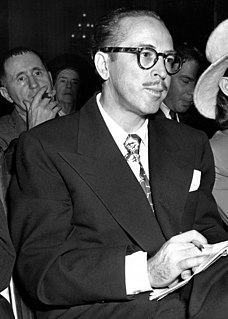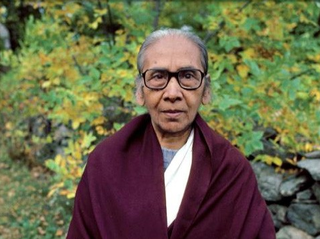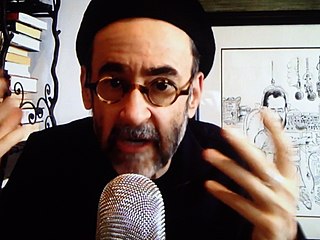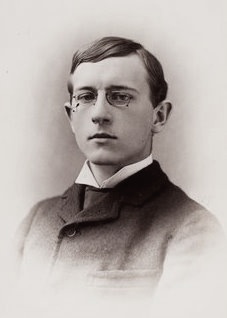A Quote by Roland Barthes
Pleasure is continually disappointed, reduced, deflated, in favor of strong, noble values: Truth, Death, Progress, Struggle, Joy, etc. Its victorious rival is Desire: we are always being told about Desire, never about Pleasure.
Related Quotes
Joy is not the same as pleasure or happiness. A wicked and evil man may have pleasure, while any ordinary mortal is capable of being happy. Pleasure generally comes from things, and always through the senses; happiness comes from humans through fellowship. Joy comes from loving God and neighbor. Pleasure is quick and violent, like a flash of lightning. Joy is steady and abiding, like a fixed star. Pleasure depends on external circumstances, such as money, food, travel, etc. Joy is independent of them, for it comes from a good conscience and love of God.
It is important to distinguish between sense-pleasure and sense-desire. There is nothing wrong with sense-pleasure. Pleasure and pain are part of our human experience. Sense-desire, on the other hand, is the grasping at pleasure or the avoidance of pain. This is what creates suffering-grasping and avoidance.
I see no reason in morality, why literature should not have as one of its intentions the arousing of thoughts of lust. It is one of the effects, perhaps one of the functions of literature to arouse desire, and I can discover no grounds for saying that sexual pleasure should not be among the objects of desire which literature presents to us, along with heroism, virtue, peace, death, food, wisdom, God, etc.
Anytime that we - and when I say "we," I mean feminine people, trans feminine folk, women - do anything that is centered on our own pleasure or desire, it's seen as frivolous. But learning how to love your own body and finding pleasure in something that has brought you pain [in the past] is so important. I think that it's probably a greater struggle for trans folk, because we struggle more with our bodies.
What is required is the finding of that Immovable Point within one's self, which is not shaken by any of those tempests which the Buddhists call 'the eight karmic winds': 1-fear of pain, 2-desire for pleasure; 3-fear of loss; 4-desire for gain; 5-fear of blame, 6-desire for praise; 7-fear of disgrace; [and] 8-desire for fame.
It's not necessary for you to exacerbate your contrast with struggle in order to get it into a higher place. It is not necessary to suffer in order to give birth to desire. But when you have suffered and you have given birth to desire, so what? You've got a desire. Turn your attention to the desire. Think about where you're going and never mind where you've been. Don't spend any more time justifying any of that stuff -- Abraham
The fact that only humans above a certain age can be morally virtuous, rather than babies or cats, means that that being moral requires some cognitive ability. If virtue is about desires, it is worth remembering that you can't desire some things without being able to conceive of them. Suppose a virtuous person will desire to make people happy and desire to tell the truth. You can't desire to make people happy without having the concept "happy" and you can't desire to be truthful if you don't have have the concept "lie", so a cat or a baby cannot desire these things.
At the outset do not be worried about this big question-Truth. It is a very simple matter if each one of you starts with the desire to get as much as possible. No human being is constituted to know the truth, the whole truth, and nothing but the truth; and even the best of men must be content with fragments, with partial glimpses, never the full fruition. In this unsatisfied quest the attitude of mind, the desire, the thirst-a thirst that from the soul must arise!-the fervent longing, are the be-all and the end-all.



































